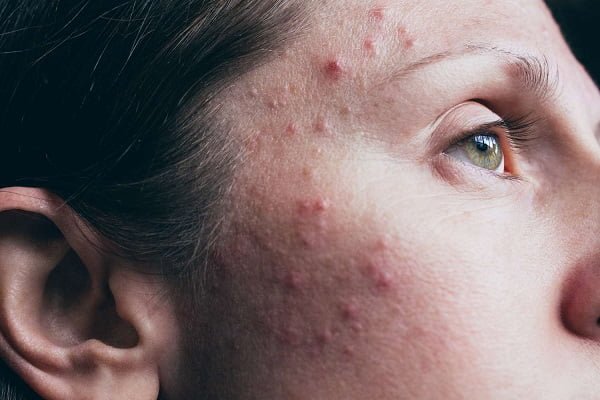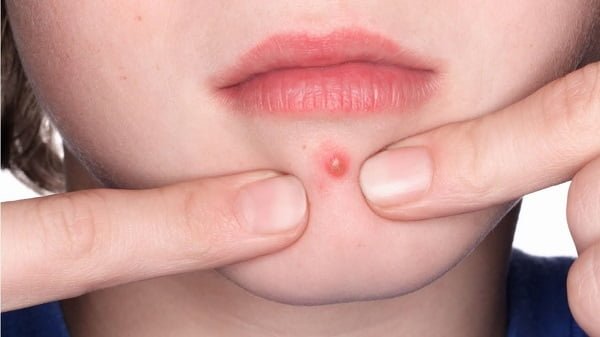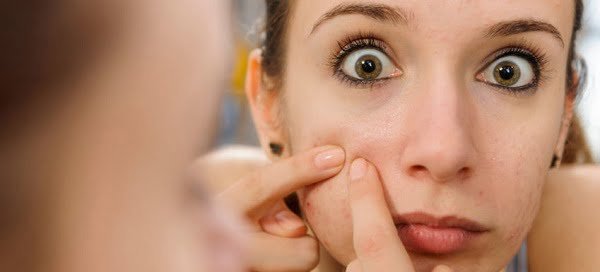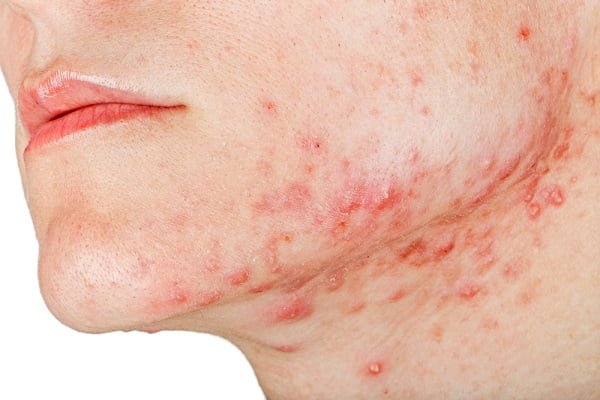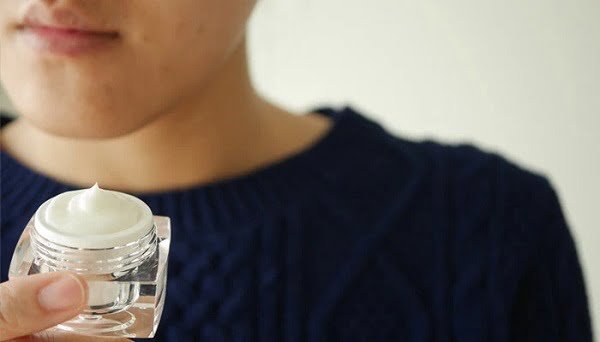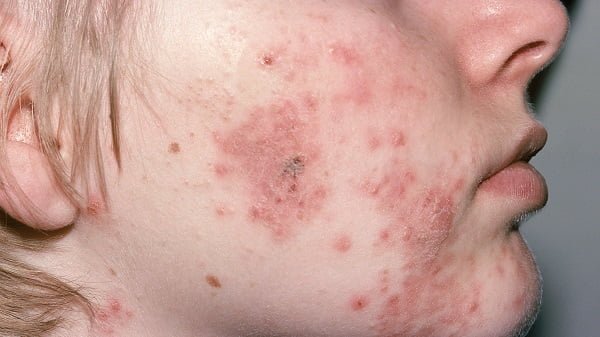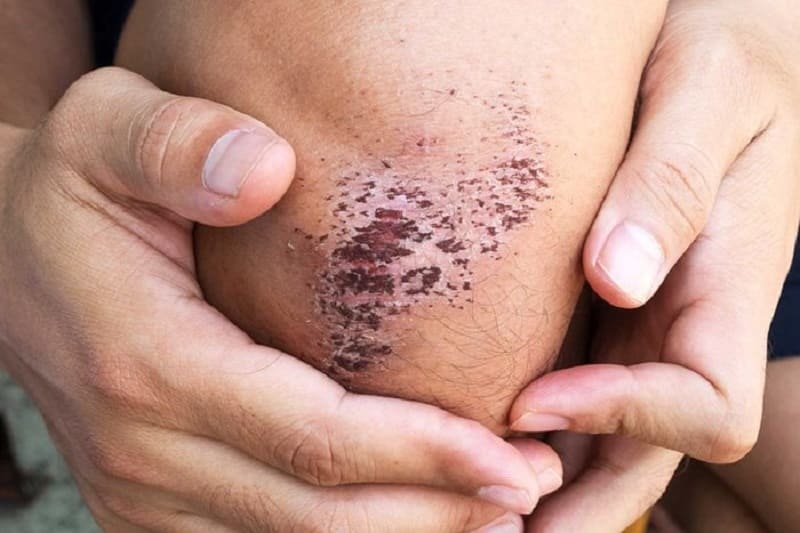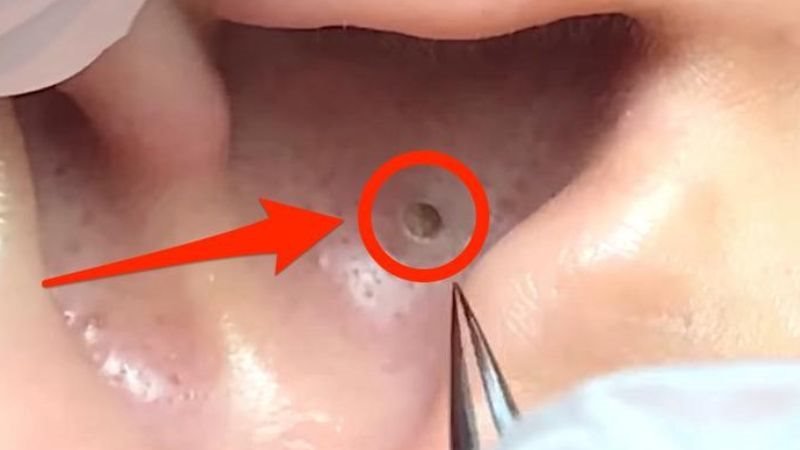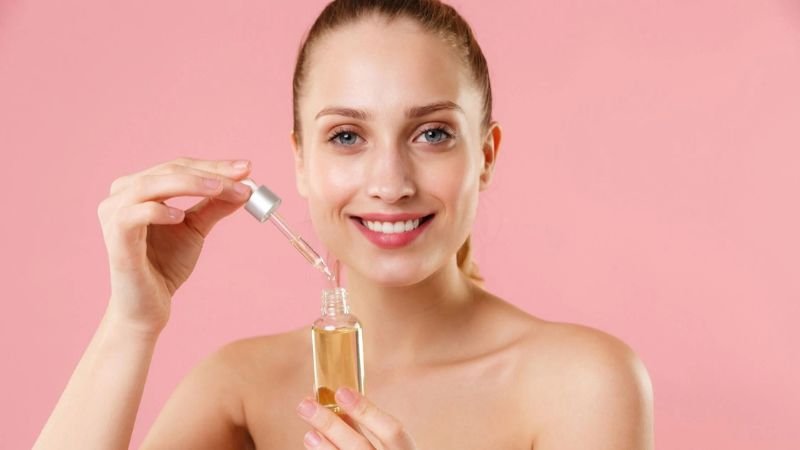Introduction
Dealing with blackheads on your nose can be frustrating, but the good news is that there are many effective home remedies to help you get rid of them. Blackheads, also known as open comedones, occur when pores become clogged with excess oil, dead skin cells, and bacteria. They can be stubborn, but with the right approach, you can achieve clearer, smoother skin. In this comprehensive guide, we’ll explore some tried-and-tested home remedies to banish blackheads from your nose for good. Additionally, we’ll discuss modern skincare solutions such as pimple patches and their effectiveness in addressing various types of acne, including challenging cases like hormonal acne, providing you with a holistic approach to managing blackheads and achieving radiant skin.
Home remedies to get Rid of Blackheads on Nose
- Steam Your Face: One of the simplest and most effective ways to remove blackheads is by steaming your face. Fill a bowl with hot water, place your face over it, and drape a towel over your head to trap the steam. Steam helps open up your pores, making it easier to remove blackheads. You can add a few drops of essential oils like tea tree oil for added benefits.
- Exfoliate Regularly: Regular exfoliation is key to keeping blackheads at bay. Use a gentle exfoliating scrub or make your own using ingredients like sugar, honey, and lemon juice. Gently massage the scrub onto your nose in circular motions to remove dead skin cells and unclog pores. Be careful not to over-exfoliate, as this can irritate the skin and worsen blackheads.
- Apply Clay Masks: Clay masks are excellent for drawing out impurities and absorbing excess oil from the skin. Look for masks containing ingredients like bentonite clay or kaolin clay, which are known for their purifying properties. Apply the mask to your nose, leave it on for 10-15 minutes, then rinse off with warm water. Clay masks can help tighten pores and reduce the appearance of blackheads over time.
- Try Baking Soda: Baking soda is a natural exfoliant that can help unclog pores and remove blackheads. Make a paste by mixing baking soda with water, then gently massage it onto your nose in circular motions. Rinse off with warm water and pat your skin dry. Baking soda can be drying, so be sure to moisturize afterward.
- Use Tea Tree Oil: Tea tree oil is renowned for its antibacterial and anti-inflammatory properties, making it an effective treatment for blackheads. Mix a few drops of tea tree oil with a carrier oil like jojoba or coconut oil, then apply it to your nose using a cotton ball or pad. Leave it on overnight and rinse off in the morning. Tea tree oil can help reduce inflammation and prevent future breakouts.
- Apply Apple Cider Vinegar: Apple cider vinegar is acidic in nature, making it effective at removing excess oil and dead skin cells from the skin’s surface. Mix equal parts apple cider vinegar and water, then apply it to your nose using a cotton ball. Leave it on for 10-15 minutes, then rinse off with warm water. Apple cider vinegar can help balance the skin’s pH levels and reduce the appearance of blackheads.
- Use Egg Whites: Egg whites contain proteins that can help tighten pores and remove blackheads. Separate the egg white from the yolk and apply it to your nose using a brush or your fingers. Place a thin strip of tissue over the egg white and let it dry completely. Once dry, carefully peel off the tissue and rinse your nose with warm water. Egg whites can leave your skin feeling tight and refreshed.
- Apply Honey: Honey is a natural humectant that can help hydrate the skin while removing blackheads. Apply raw honey to your nose and leave it on for 10-15 minutes. Rinse off with warm water and pat your skin dry. Honey has antibacterial properties that can help prevent future breakouts and promote overall skin health.
- Use Aloe Vera Gel: Aloe vera gel is known for its soothing and healing properties, making it an excellent treatment for blackheads. Apply a thin layer of aloe vera gel to your nose and leave it on for 10-15 minutes. Rinse off with warm water and pat your skin dry. Aloe vera gel can help reduce inflammation and redness associated with blackheads, leaving your skin feeling calm and refreshed.
- Maintain a Healthy Skincare Routine: In addition to these home remedies, it’s essential to maintain a healthy skincare routine to prevent blackheads from recurring. Cleanse your face twice daily with a gentle cleanser, use oil-free moisturizers and sunscreen, and avoid using heavy makeup and skincare products that can clog pores.
Why Go for Home remedies for blackheads on nose?
Home remedies for treating various skin concerns, including blackheads on the nose, offer numerous benefits that make them appealing options for many individuals. Here are several reasons why home remedies are considered good options:
Cost-Effectiveness: One of the most significant advantages of home remedies is their cost-effectiveness. Many home remedies use simple, natural ingredients that are readily available in most households, such as baking soda, honey, and apple cider vinegar. Compared to commercial skincare products or professional treatments, home remedies are often much more affordable, making them accessible to people with different budgets.
Natural Ingredients: Home remedies typically utilize natural ingredients that are gentle on the skin and free from harsh chemicals. These ingredients often have beneficial properties, such as antimicrobial, anti-inflammatory, and antioxidant effects, which can help improve skin health without causing irritation or adverse reactions. Using natural ingredients also reduces the risk of exposing the skin to potentially harmful synthetic substances found in some commercial products.
Customization and Control: Home remedies offer the flexibility to customize treatments according to individual preferences and skin sensitivities. Since you control the ingredients and their concentrations, you can tailor the treatment to suit your specific needs and adjust it as necessary. Additionally, home remedies allow you to experiment with different combinations of ingredients to find what works best for your skin.
Convenience and Accessibility: Home remedies can be easily prepared using common household ingredients and simple techniques. There’s no need to schedule appointments or visit specialty stores, as everything you need is likely already in your kitchen or bathroom. This convenience makes home remedies a practical option for addressing skincare concerns, especially for those with busy lifestyles or limited access to professional skincare services.
Minimal Side Effects: Compared to some commercial skincare products or invasive treatments, home remedies typically pose minimal risk of side effects or complications. Since they use natural ingredients, they are less likely to cause irritation, allergic reactions, or other adverse effects, making them suitable for individuals with sensitive or reactive skin. However, it’s essential to perform a patch test before trying any new home remedy to ensure compatibility with your skin.
Long-Term Benefits: Home remedies often provide long-term benefits for skin health and overall well-being. By incorporating natural ingredients into your skincare routine, you can nourish and support your skin’s natural functions, leading to improved texture, clarity, and resilience over time. Additionally, the simplicity and sustainability of home remedies make them sustainable options for maintaining healthy skin in the long run.
Side Effects of Chemical treatment for blackheads on nose
Side Effects: Many allopathic medicines come with a list of potential side effects, ranging from mild to severe. These side effects can vary depending on the medication and individual factors such as age, health status, and dosage. Common side effects may include nausea, dizziness, headache, gastrointestinal disturbances, allergic reactions, and changes in mood or behavior.
Drug Interactions: Allopathic medicines can interact with other medications, supplements, or substances, leading to adverse effects or reduced efficacy. Drug interactions may occur when multiple medications affect the same metabolic pathways or have similar mechanisms of action. It’s essential to consult a healthcare professional before combining different medications to avoid potential interactions.
Toxicity: Some chemicals used in allopathic medicines may have toxic effects on the body, especially when taken in high doses or over prolonged periods. Toxicity can result from the accumulation of chemicals in tissues or organs, leading to organ damage or dysfunction. Certain medications, such as nonsteroidal anti-inflammatory drugs (NSAIDs) and certain antibiotics, may pose a risk of liver, kidney, or gastrointestinal toxicity.
Dependency and Tolerance: Certain allopathic medicines, particularly those used for pain management or mental health conditions, may lead to dependency or tolerance with prolonged use. Dependency occurs when the body becomes reliant on the medication to function normally, while tolerance occurs when higher doses are required to achieve the same therapeutic effect. Dependency and tolerance can increase the risk of addiction, withdrawal symptoms, and treatment resistance.
Antibiotic Resistance: Overuse or misuse of antibiotics can contribute to the development of antibiotic resistance, where bacteria become resistant to the effects of antibiotics, making infections more difficult to treat. Antibiotic resistance is a significant public health concern worldwide and can lead to prolonged illness, increased healthcare costs, and higher mortality rates.
Imbalance of Gut Microbiota: Some medications, such as antibiotics, can disrupt the balance of beneficial bacteria in the gut microbiota, leading to dysbiosis. Dysbiosis is associated with various gastrointestinal issues, including diarrhea, constipation, bloating, and irritable bowel syndrome (IBS). Maintaining a healthy gut microbiota is essential for overall health and immune function.
Environmental Impact: The production, use, and disposal of chemical-based medications can have adverse effects on the environment. Pharmaceutical residues can enter waterways through wastewater discharge, posing risks to aquatic ecosystems and potentially contaminating drinking water sources. Additionally, pharmaceutical waste contributes to pollution and environmental degradation.
Conclusion:
Banishing blackheads from your nose doesn’t have to involve expensive treatments or harsh chemicals. By incorporating these simple home remedies into your skincare routine and maintaining a healthy lifestyle, you can effectively remove blackheads and achieve smoother, clearer skin. Remember to be consistent with your efforts and be patient, as it may take time to see results. With dedication and perseverance, you can say goodbye to blackheads and hello to radiant, blemish-free skin!
Faq related to "How to get rid of Blackheads on nose home remedies"
Yes, many home remedies can effectively remove blackheads on the nose. These remedies often use natural ingredients that help unclog pores, absorb excess oil, and promote skin exfoliation, resulting in clearer skin.
The frequency of using home remedies depends on the individual’s skin type and the specific remedy being used. In general, it’s safe to use most home remedies 2-3 times per week to avoid over-exfoliating or irritating the skin.
Yes, you can combine different home remedies to create a customized treatment plan for blackheads. For example, you might steam your face to open pores before applying a clay mask or exfoliating scrub. However, be cautious not to overdo it, as excessive exfoliation can irritate the skin.
The time it takes to see results varies depending on the severity of the blackheads and how consistently you use the home remedies. Some people may notice improvement after just a few treatments, while others may require several weeks of consistent use to see significant results.
Home remedies using natural ingredients are generally safe for most skin types. However, it’s essential to perform a patch test before using any new remedy to check for allergies or sensitivities. Additionally, be cautious not to over-exfoliate or use harsh ingredients that can irritate the skin.
While home remedies can help remove existing blackheads and keep pores clean, they may not prevent blackheads from coming back entirely. To minimize the recurrence of blackheads, it’s essential to maintain a regular skincare routine, including cleansing, exfoliating, and moisturizing, and to avoid pore-clogging products.
You can continue using home remedies for blackheads on your nose as long as they continue to be effective and don’t cause any adverse reactions. However, if you don’t see improvement after several weeks of consistent use or if your condition worsens, it’s advisable to consult a dermatologist for further evaluation and treatment options.
Yes, adopting a healthy skincare routine, including regular cleansing, exfoliating, and moisturizing, can help prevent blackheads from forming. Additionally, maintaining a balanced diet, staying hydrated, avoiding excessive sun exposure, and minimizing stress can contribute to overall skin health and reduce the likelihood of blackheads.



